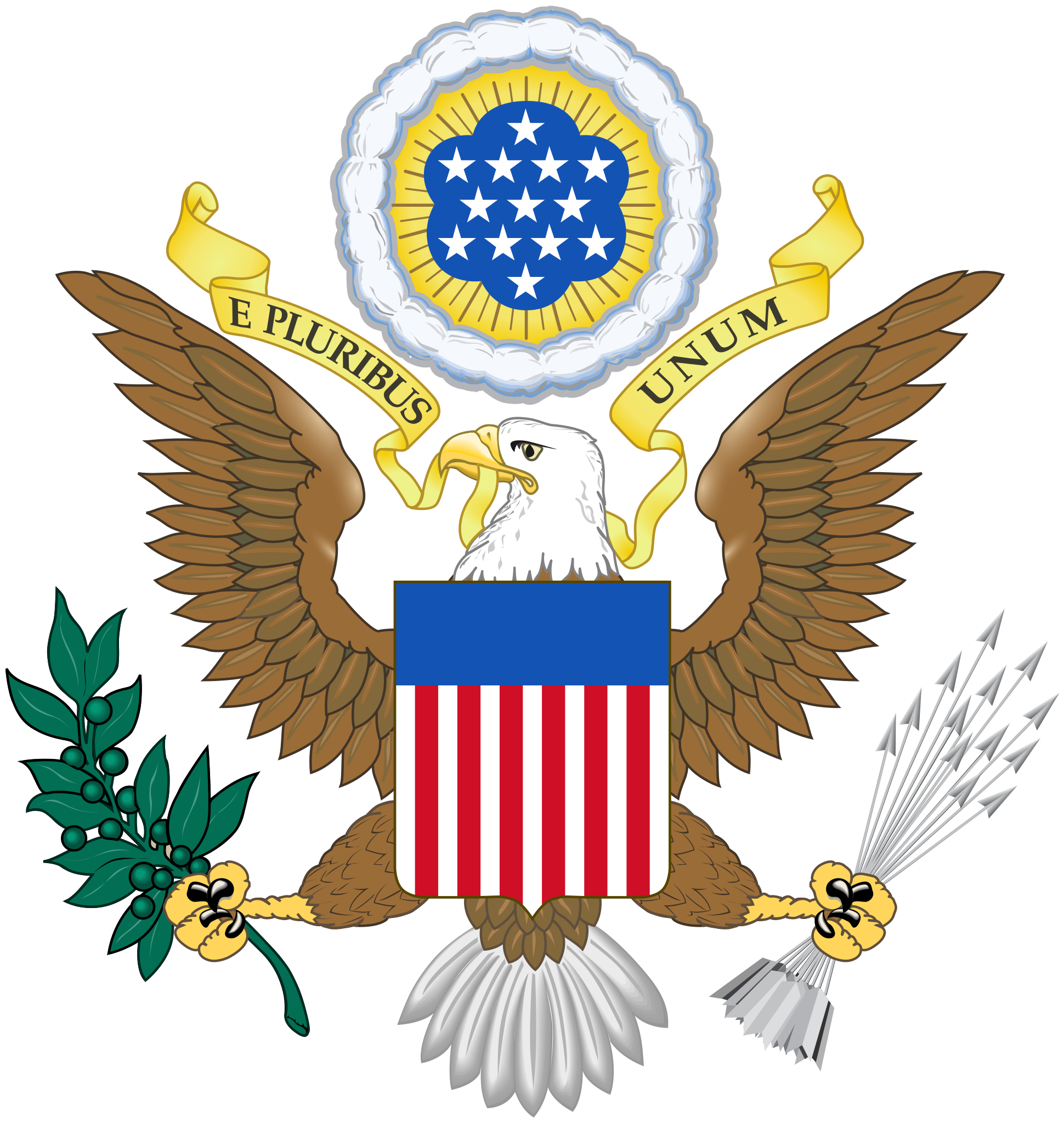United States federal government | |
|---|---|
 Coat of Arms | |
| Polity type | Federal Corporatocratic Republic |
| Constitution | Constitution of the United States |
| Formation | 1789 |
| Legislative branch | |
| Name | Congress |
 | This article is a stub. You can help improve this article by editing it. |
The system of government in the United States of America operates on the basis plutocracy; a government entirely controlled by the wealthy. The richest three Statesians have more money than the poorest 160 million combined. Public support for the U.S. government is very low, with only 2% of Statesians believing the government almost always does what is right and only 19% believing it mostly does the right thing. 7% of Statesians have confidence in Congress, 23% have confidence in the presidency, and 25% have confidence in the Supreme Court.[1]
The US is effectively a one-party state, with aesthetical differences between its two main parties, the Republicans and the Democrats, but both parties follow common policies, especially abroad. The ruling capitalist oligarchy has two factions: the Democratic Party which is center-right and is controlled by the monopolistic managerial bourgeoisie who seeks to maintain the stability of the imperialist system by being less reactionary on inconsequential social issues, and the Republican Party, which is more reactionary and backwards when it comes to social issues and tends to pander to the petit bourgeoisie in their effort to deepen the exploitation of labor.
The election system further solidifies this duopoly with its "First Past the Post" system, resulting in citizens having to choose "the lesser of two evils." The two political parties stir up public debate around their small disagreements to create a facade of democracy, but bipartisan agreement reigns on questions of foreign policy (imperialism, war, attacking socialist countries) as well as domestic policies such as prioritizing funding for police repression over social programs such as free housing, higher education, healthcare, etc.
See also
References
- ↑ Tom Mckay (2016-4-16). "Princeton Concludes What Kind of Government America Really Has, and It's Not a Democracy" MIC. Retrieved 2022-8-30.